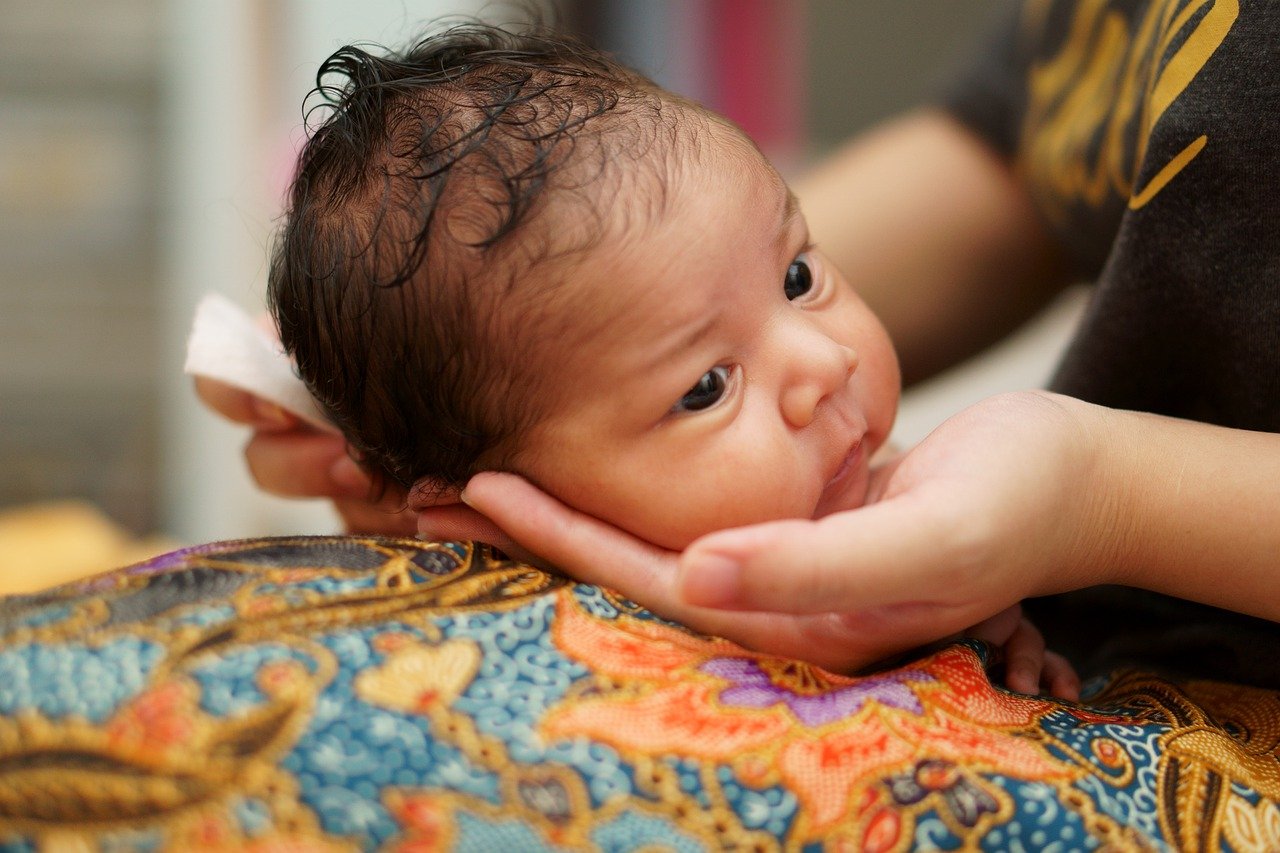A lot of laws in Malaysia have been around since the British rule and when women barely had any rights, with very little changes made since. One such law is the conferment of citizenship to children.
For many years, if the father of a child born outside of Malaysia is a Malaysian citizen, the child is automatically considered as a Malaysian as well.
The same concept does not apply when a child is born to a Malaysian mother overseas. Double standards much?
After a long battle, the Malaysian mothers who have been fighting to have their children recognised as citizens here have won.
According to a report on The Vibes, the High Court has ruled that Malaysian mothers can confer citizenship to their children.
Second Schedule, Part II, Section 1(b) of laws pertaining to citizenship states that “every person born outside the Federation whose father is at the time of birth a citizen and either was born in the Federation or is at the time of birth in the service of the Federation or of a State”, is by operation of the law a citizen of Malaysia.
Family Frontiers Malaysia, an NGO that "supports, advocate for, and mobilise action towards gender-equal citizenship and the welfare of binational/ transnational families in Malaysia", have been fighting for mothers to have the same rights as the father.
High court judge Datuk Akhtar Tahir said that there was clear discrimination and the grievances of the plaintiffs are valid.
The court ruled that Article 14(1)(b) of the federal constitution together with the Second Schedule, Part II, Section 1(b) should be read together with Article 8(2) of the federal constitution which forbids gender-based discrimination.
"Family Frontiers & M’sian mothers celebrate the decision by the KL High Court to allow M’sian mothers to confer citizenship on their overseas-born children by operation of law," the tweet read.
The news was also well received by many Malaysians who felt that the move was a win for gender equality in the country, was long overdue and hoped that no appeal will be filed against the decision.
For many years, if the father of a child born outside of Malaysia is a Malaysian citizen, the child is automatically considered as a Malaysian as well.
The same concept does not apply when a child is born to a Malaysian mother overseas. Double standards much?
After a long battle, the Malaysian mothers who have been fighting to have their children recognised as citizens here have won.
High court says can

According to a report on The Vibes, the High Court has ruled that Malaysian mothers can confer citizenship to their children.
Second Schedule, Part II, Section 1(b) of laws pertaining to citizenship states that “every person born outside the Federation whose father is at the time of birth a citizen and either was born in the Federation or is at the time of birth in the service of the Federation or of a State”, is by operation of the law a citizen of Malaysia.
Family Frontiers Malaysia, an NGO that "supports, advocate for, and mobilise action towards gender-equal citizenship and the welfare of binational/ transnational families in Malaysia", have been fighting for mothers to have the same rights as the father.
High court judge Datuk Akhtar Tahir said that there was clear discrimination and the grievances of the plaintiffs are valid.
The court ruled that Article 14(1)(b) of the federal constitution together with the Second Schedule, Part II, Section 1(b) should be read together with Article 8(2) of the federal constitution which forbids gender-based discrimination.
Decision well received by mothers and the public
Family Frontiers Malaysia announced on Twitter that it is celebrating the win.Family Frontiers & M’sian mothers celebrate the decision by the KL High Court to allow M’sian mothers to confer citizenship on their overseas-born children by operation of law.
— Family Frontiers Malaysia (@FamilyFrontiers) September 9, 2021
“I can’t wait to tell my daughter that she is also M’sian, just like her brother,” says Myra. pic.twitter.com/0p2az1FAvh
"Family Frontiers & M’sian mothers celebrate the decision by the KL High Court to allow M’sian mothers to confer citizenship on their overseas-born children by operation of law," the tweet read.
The news was also well received by many Malaysians who felt that the move was a win for gender equality in the country, was long overdue and hoped that no appeal will be filed against the decision.






